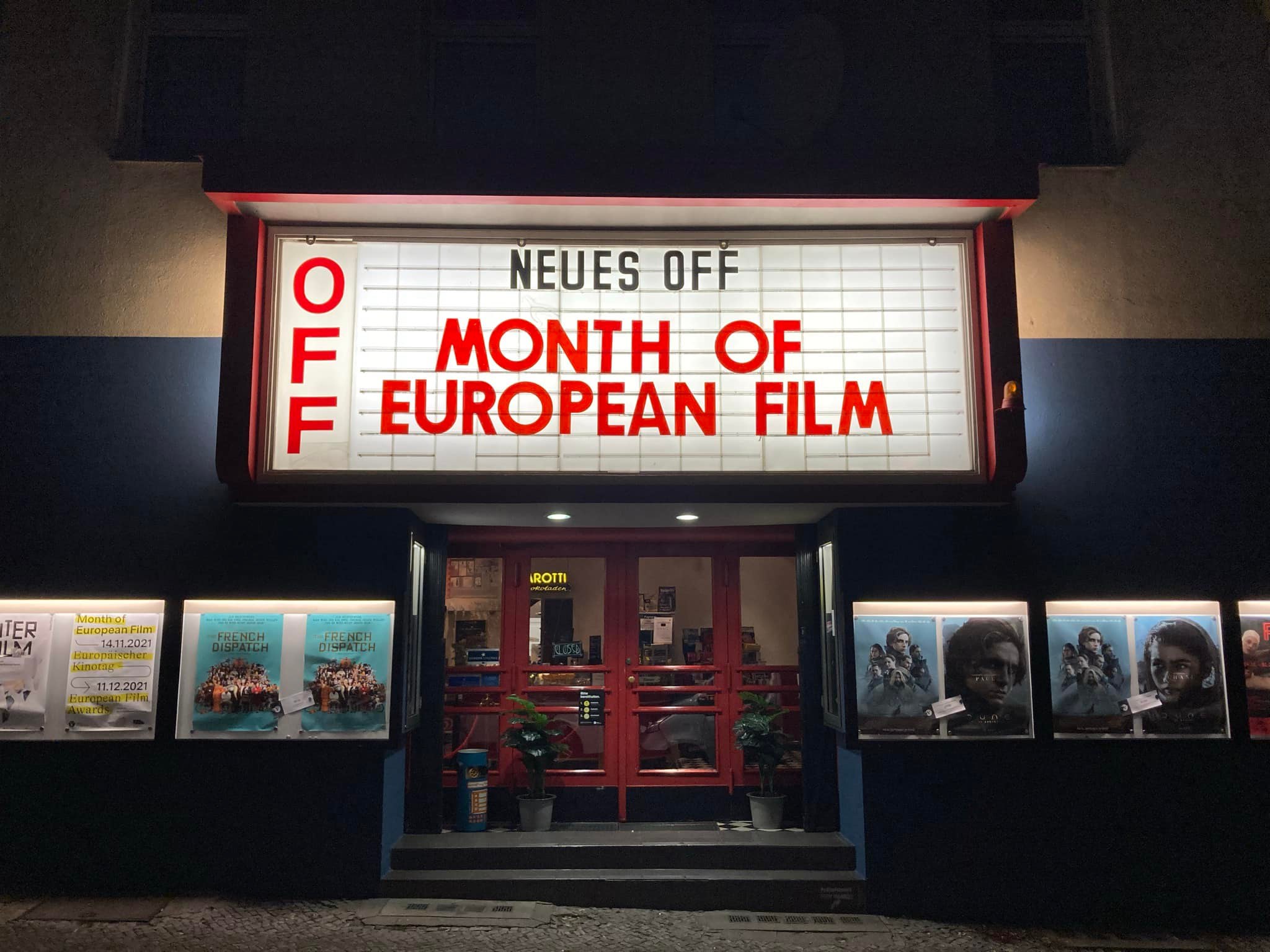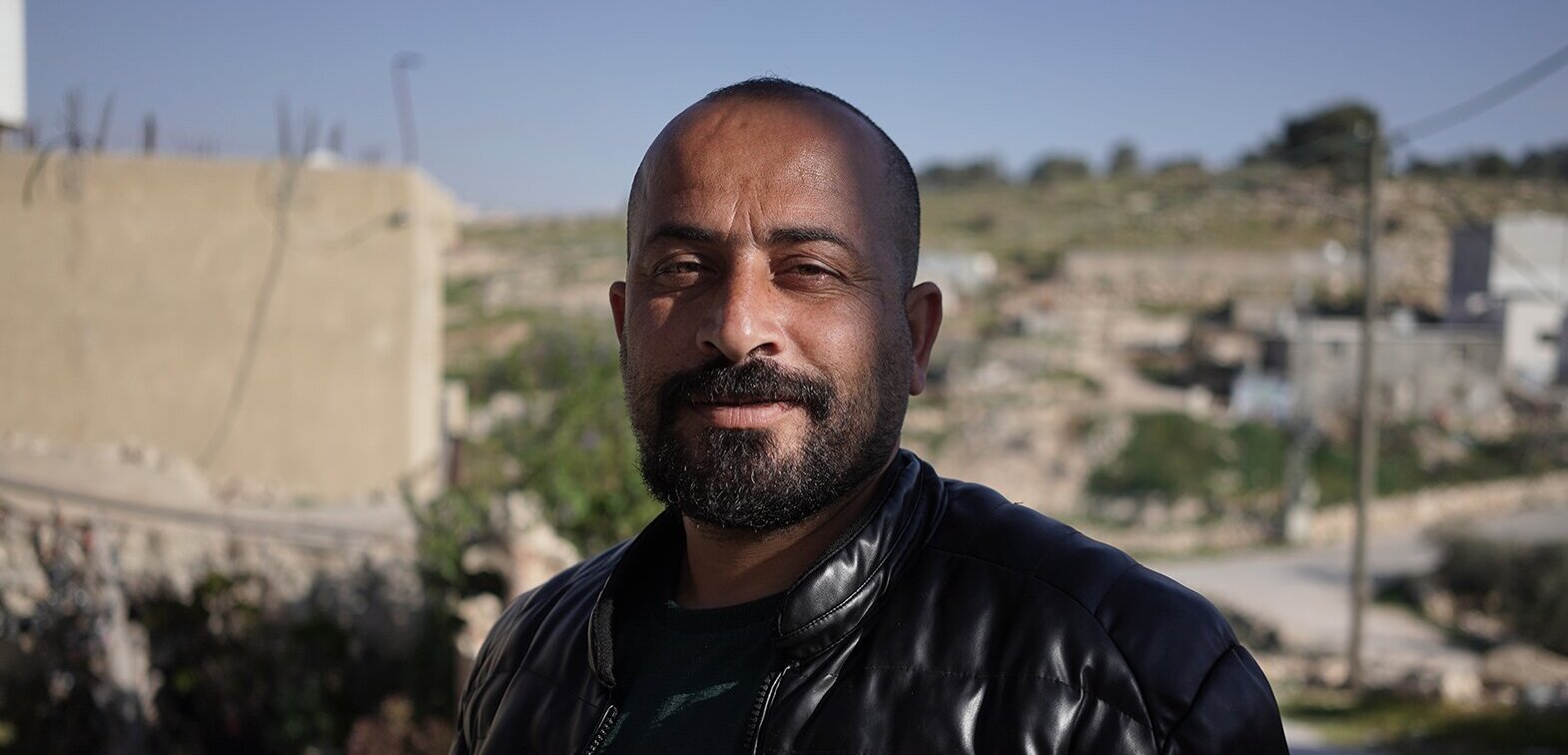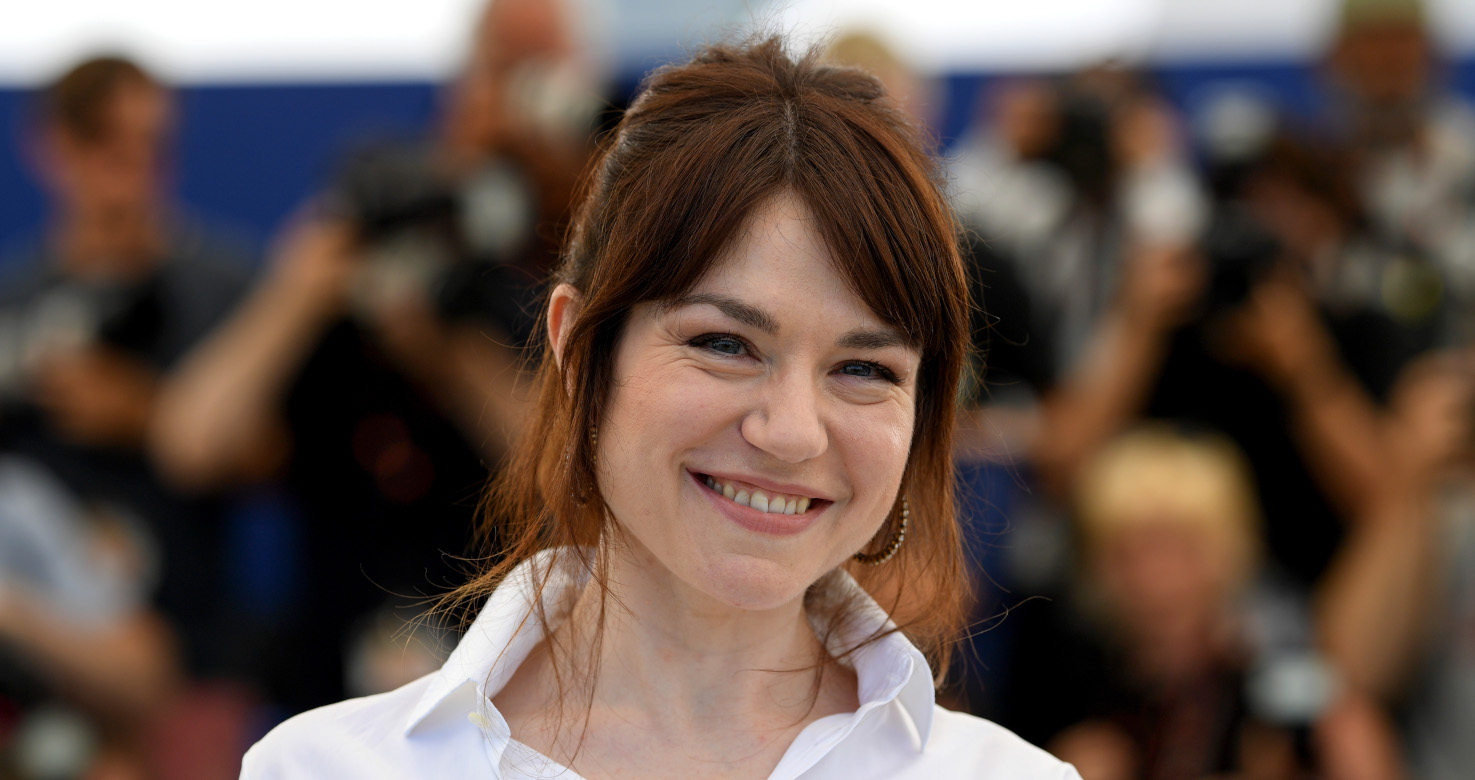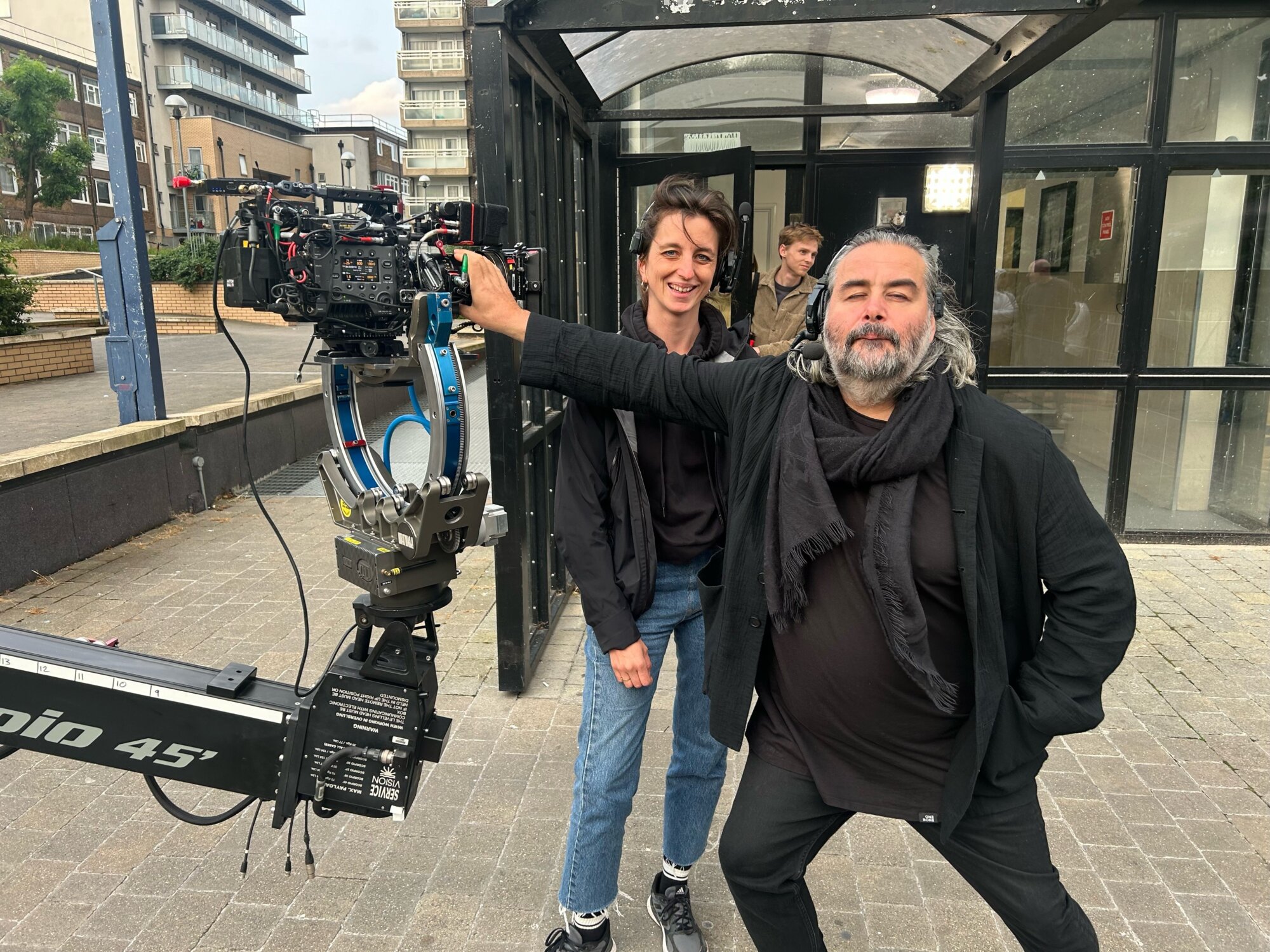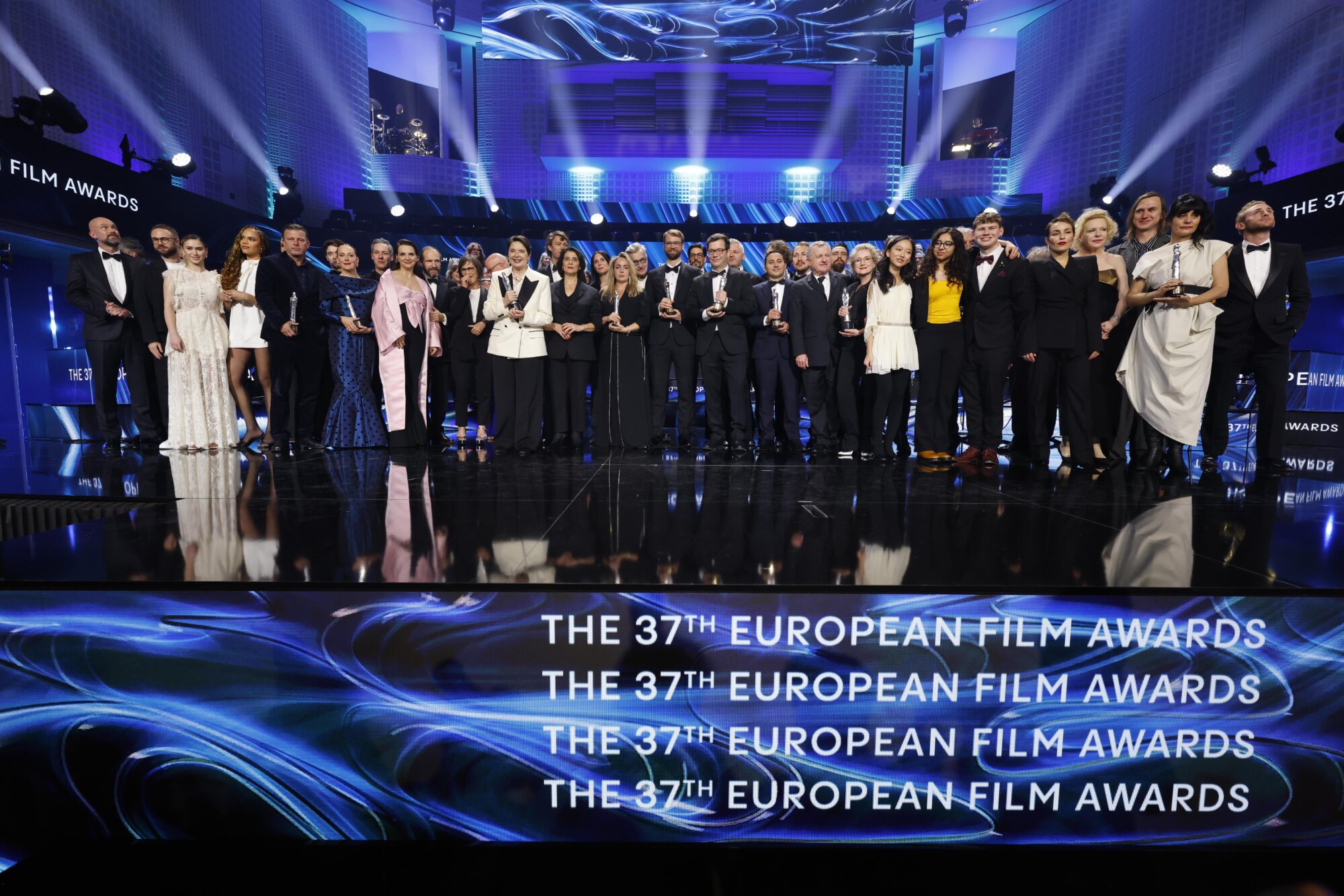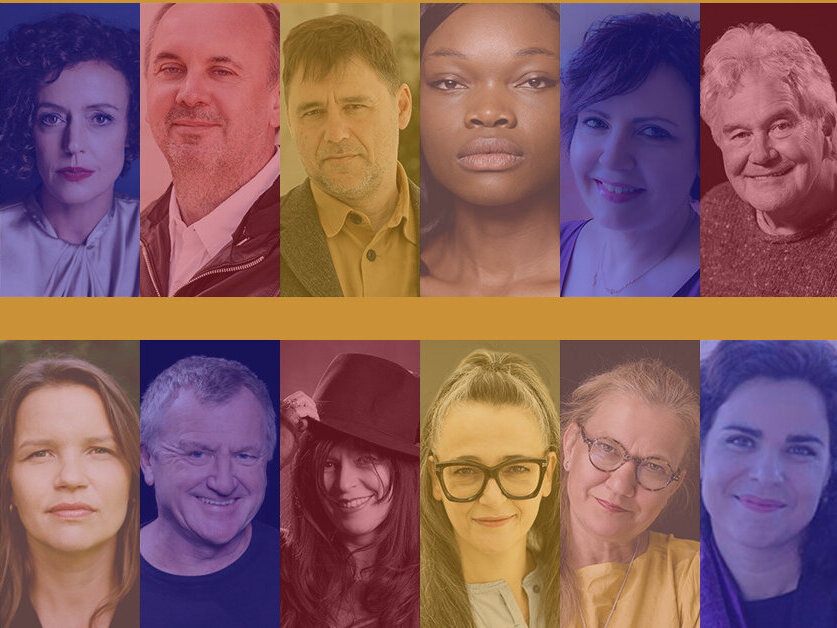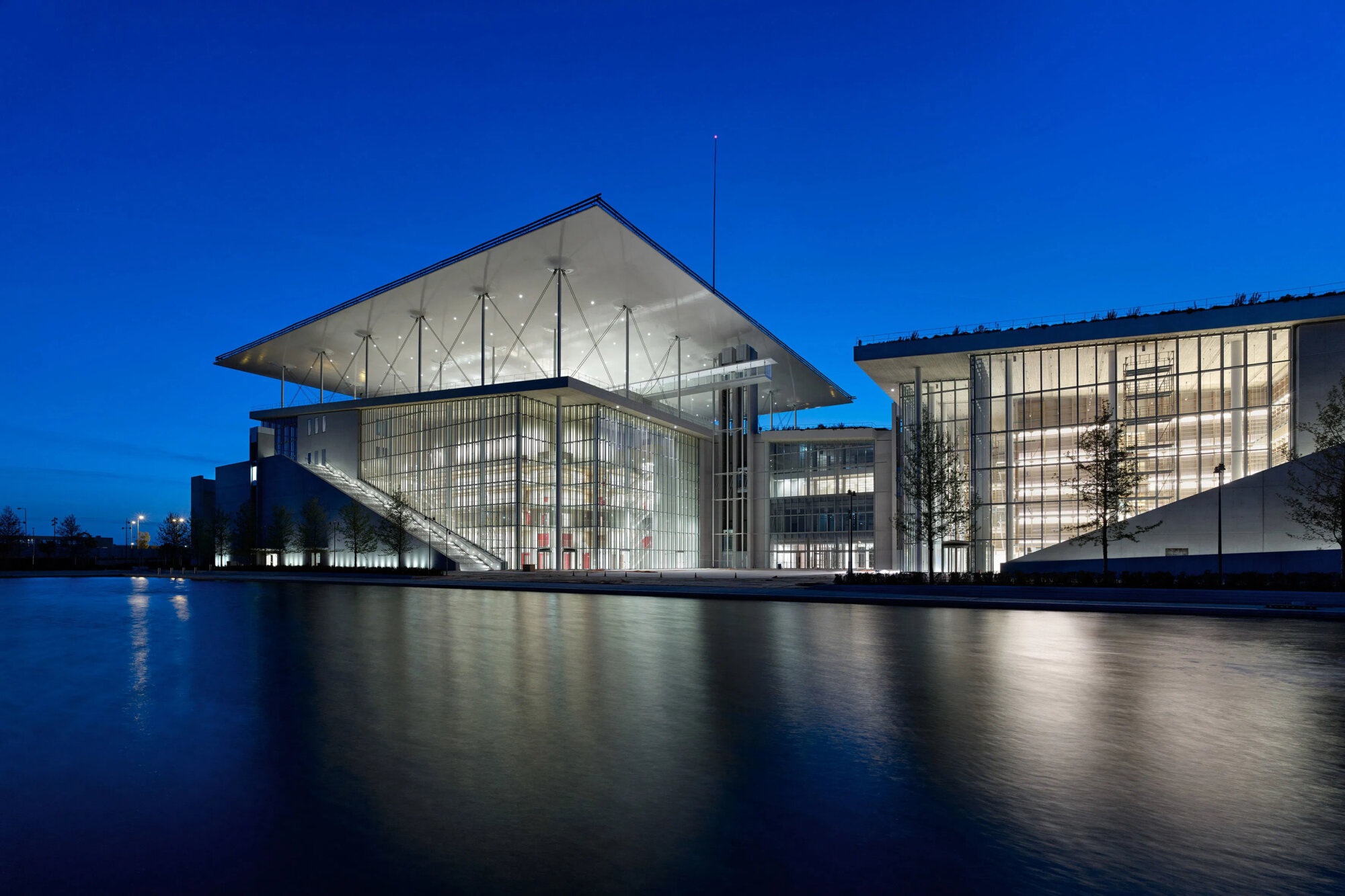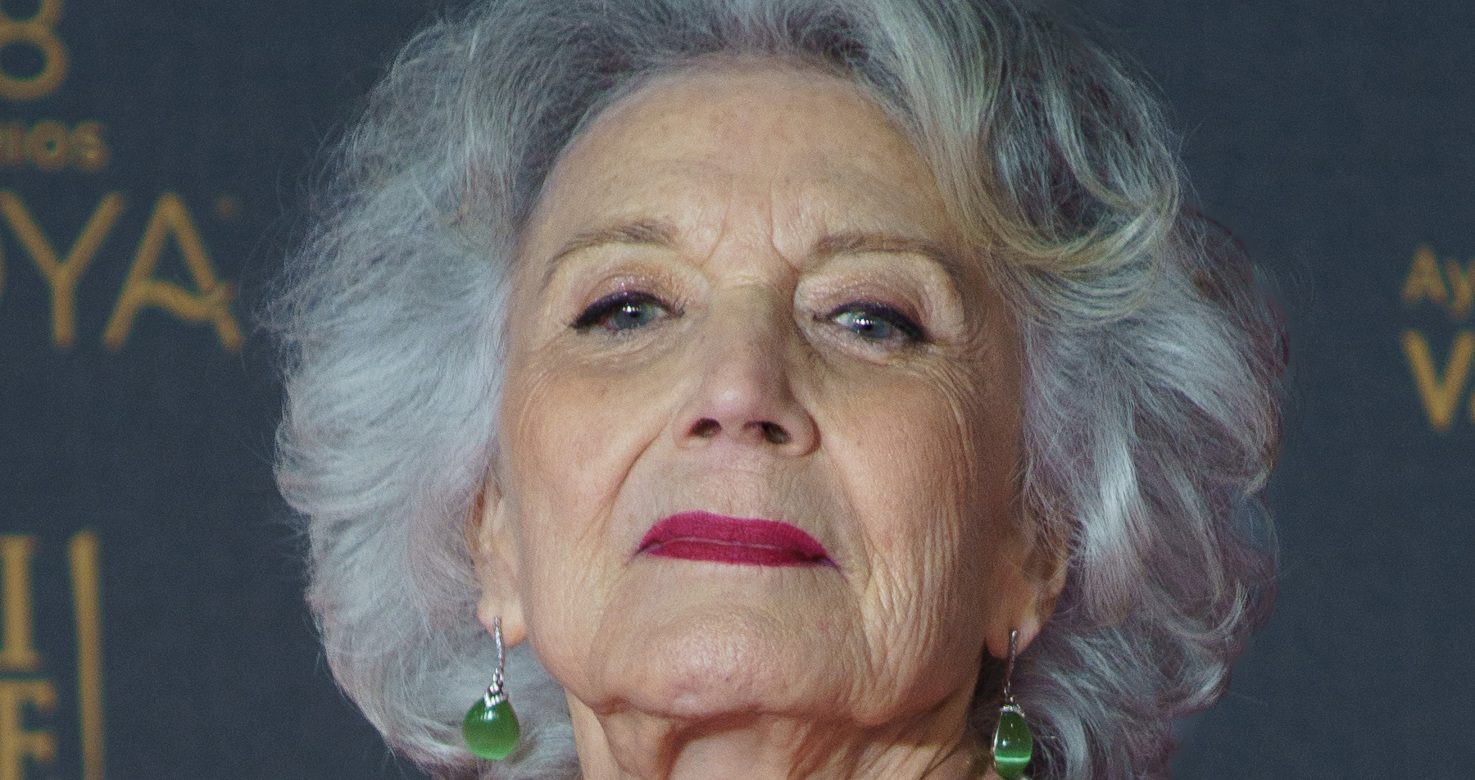100 cities in 42 countries: Month of European Film comes to a successful close
100 cities in 42 countries: Month of European Film comes to a successful close
For five weeks, the Month of European Film celebrated the great wealth and diversity of European film. With the festive gala ceremony of the 37th European Film Awards last weekend in Lucerne, the pan-European programme experienced a sparkling and successful finale. In its third international edition, the Month of European Film saw a record participation of more than 100 cities in 42 countries. Montenegro was the first country in Europe to have the Month of European Film take place in all cinemas in the country.
Thanks to the Academy’s partner Europa Cinemas, arthouse cinemas from Norway to Malta, from Portugal to Poland highlighted European films, presenting special programmes, events and dedicated retrospectives.

On top of this, several film festivals, among them the long-time Academy partner Seville European Film Festival, aligned with the work of the European Film Academy and were part of the programme, so were national cinematography centres and film museums.
At the same time, the global streaming platform MUBI presented a special focus on European films, VOD portal DAFilms highlighted a selection of European documentaries, and Festival Scope celebrated the short film candidates for the European Film Awards, altogether allowing film lovers around the world to participate.
“The Month of European Film has become a small tradition in Europe” says Academy CEO Matthijs Wouter Knol. “ Looking back at the last five weeks, during which many countries put European films and filmmakers into the spotlight across the continent, it makes us happy and proud that the Academy’s initiative again grew significantly. We will evaluate this year’s edition with all our partners and aim to publish its results at the European Film Market in February 2025. The European Film Academy is especially grateful for the endless effort and the great commitment of all cinema owners who participate in the Month of European Film. It is our aim to develop the initiative further and make it more beneficial to them in the next 3 years.”
One of the highlights of the Month of European Film was the Young Audience Film Day on 3 November. Organised simultaneously both in cinemas in 33 cities in 28 European countries as well as online, more than 1,200 young film-lovers participated. The day included a screening of SCRAPPER by Charlotte Regan, winner of the European Young Audience Award 2023. The day also saw the announcement of the 2024 European Young Audience Award nominees.
On 17 November, our partner CICAE, the international confederation of arthouse cinemas, organised the 9th edition of the European Arthouse Cinema Day, bringing more than 70,000 spectators to over 700 cinemas in 45 countries on all continents. Legendary German filmmaker Wim Wenders, this year’s recipient of the European Film Academy’s Lifetime Achievement Award, was an ambassador for this year’s edition delivering a powerful message on the growing need for arthouse cinemas.
For the duration of the Month of European Film, all participating cinemas focused specifically on European films. A lot of the screenings came with an introduction by or discussion with the filmmakers. A specific audience engagement approach played a major role for all participating cinemas. There were special screenings for students and young people as well as both senior- or parent-friendly events. In Kolding (Denmark), there were ”Reminiscence Cinema” days for people suffering from dementia to come and watch old Danish short films to stimulate their memory and share these over a traditional Danish lunch afterwards. Partners also organised master classes with film professionals, workshops and film quizzes. Filmpodium Biel/Bienne (Switzerland) presented a queer cinema series, Filmmuseum Potsdam (Germany) the festival “When Queer was black’n’white”.
Film theatres also showed retrospectives of renowned European filmmakers. There was a special focus on Wim Wenders (Lucerne, Maastricht, Pula, Sofia and Zurich), a Chantal Akerman special (Cologne) and retrospectives of Rainer Werner Fassbinder (Wroclaw) and Werner Herzog (Warsaw).
A lot of the partners also highlighted films from a specific European country: There was the “Ciné polska” – festival of new Polish films in Saarbrücken (Germany), the Ukrainian Film Festival in Wroclaw (Poland), a focus on Italian cinema in Biel/Bienne (Switzerland), a Portuguese cinema series “Remembering the Carnation Revolution” in Cluj-Napoca (Romania) and a Hungarian Film Selection in Istanbul (Turkey).
In Switzerland, where this year’s awards ceremony took place, more than a dozen partner cinemas organised special programmes and screenings, including a Switzerland-wide initiative of the Ciné-Doc association to discover the richness and diversity of Swiss and international documentary film. There was a dedicated programme at the Cinémathèque Suisse and Swiss broadcaster SRG SSR showed films in connection with the European Film Awards. The festivals in Geneva, Winterthur, Queersicht Berne, PinkPanorama and Zoomz in Lucerne all organised special events.
With its partner cinemas in Lucerne, Bourbaki and Stattkino, the Academy presented sold-out screenings of films by and with this year’s honorary award recipients. These were followed by lively Q&A sessions with Wim Wenders (Lifetime Achievement Award) and Isabella Rossellini (European Achievement in World Cinema).
The Month of European Film is an initiative of the European Film Academy supported by the Creative Europe MEDIA Programme of the European Union, in co-operation with Europa Cinemas, CICAE, European Film Promotion, MUBI, DAFilms, Festival Scope, as well as numerous local partners.
More: www.monthofeuropeanfilm.eu
The European Film Awards are organised by the European Film Academy and the European Film Academy Productions.
Please do not hesitate to contact us if you have any questions.
Follow us
facebook | X/twitter | youtube | instagram| letterbox | vimeo

